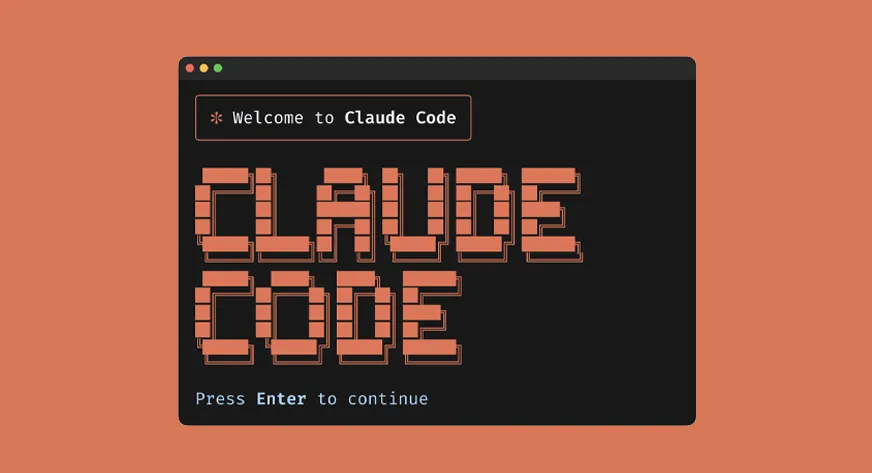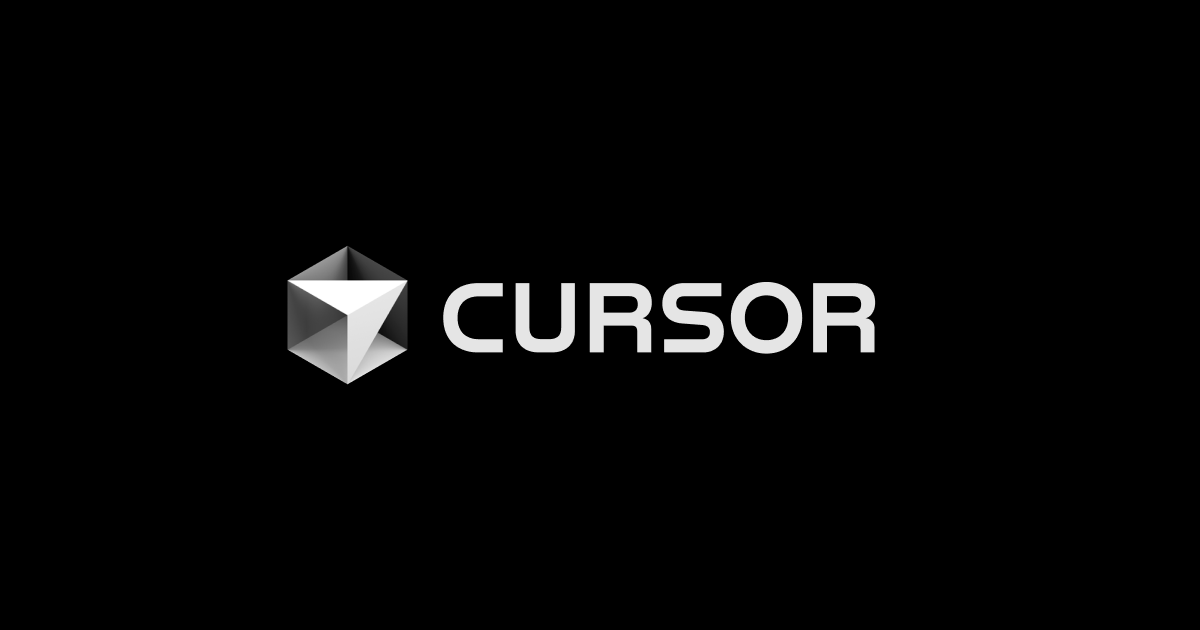What Are Claude Code Agent Skills? Complete Guide for UK Businesses (2025)
Agent Skills let developers package domain expertise into reusable folders that Claude Code loads automatically when needed. Teams using Skills report 35-50% productivity gains, with DeNooyer cutting task time from one day to one hour (87.5% reduction). Skills work across Claude.ai, Claude Code, and the Claude Agent SDK.
Jake Holmes
Founder & CEO

TL;DR: Agent Skills let developers package domain expertise into reusable folders that Claude Code loads automatically when needed. Teams using Skills report 35-50% productivity gains, with DeNooyer cutting task time from one day to one hour (87.5% reduction). Skills work across Claude.ai, Claude Code, and the Claude Agent SDK.
Agent Skills are folders containing instructions, scripts, and resources that extend Claude Code's capabilities. Anthropic released Skills in October 2025 to package domain expertise into reusable modules that Claude loads automatically when needed.
Last Updated: October 2025
Why Claude Code Agent Skills Matter for Your Development Team
Skills reduce repetitive prompting by 35-50% and let teams capture procedural knowledge once for reuse across all projects. Instead of explaining your coding standards to Claude repeatedly, Skills package that expertise into folders Claude loads automatically when relevant.
Skills let teams capture and share procedural knowledge in a standardised format. Instead of building custom agents for each use case, developers package expertise once and reuse it across projects. Anthropic's engineering team compares Skills to onboarding guides for new hires.
JetBrains' 2025 Developer Ecosystem Survey shows 85% of developers use AI tools regularly, with 62% using AI coding assistants daily. Teams using Skills report 35-50% productivity gains compared to generic AI prompting.
What Business Outcomes Can Agent Skills Deliver?
Teams using Skills report 35-50% productivity gains by reducing context-switching and eliminating repetitive prompting. These improvements come from encapsulating best practices, coding standards, and domain expertise into reusable modules.
DeNooyer, a financial services firm, cut management accounting tasks from one day to one hour using Skills, an 87.5% time reduction. Claude processes multiple spreadsheets, catches anomalies, and generates reports using their established procedures.
Box enables users to transform files into PowerPoint presentations, Excel spreadsheets, and Word documents that follow organisational standards using Skills. This eliminates hours of manual formatting.
How Do Agent Skills Actually Work?
Skills use progressive disclosure across three tiers: Claude loads only Skill names and descriptions at startup, reads full SKILL.md files when relevant, and fetches additional bundled files only when specifically needed. This means Skills can contain unlimited context without overwhelming Claude's context window.
Agent Skills use three-tier progressive disclosure to manage Claude's context window efficiently. At startup, Claude loads only the name and description of each installed Skill, enough to know when each Skill is relevant.
When Claude determines a Skill applies to the current task, it loads the full SKILL.md file. This file contains core instructions and may reference additional files. Claude reads these additional files only when needed. This means Skills can contain unlimited context because agents don't load everything simultaneously.
A Skill is a directory containing a SKILL.md file with YAML frontmatter specifying the name and description. The file body contains instructions. The directory may include Python scripts, reference documents, or templates. Anthropic's documentation covers implementation details.
What's the Difference Between Personal and Project Skills?
Personal Skills live in ~/.claude/skills/ and are available across all your projects. Use them for individual workflows, experimental development, and personal productivity tools.
Project Skills reside in .claude/skills/ within a specific project directory. These are checked into version control and automatically available to all team members. Use Project Skills for team workflows, project-specific expertise, and shared utilities.
Skills can also come from Claude Code plugins. The anthropics/skills marketplace provides pre-built Skills for PDF manipulation, document editing, and data processing.
Can Non-Technical Teams Really Benefit from Agent Skills?
Yes. At Anthropic, teams use Claude Code for research, video creation, and note-taking, not just software development. The Growth Marketing team built a workflow that processes CSV files with hundreds of ads, identifies underperformers, and generates new variations. Two specialised sub-agents generate hundreds of ads in minutes instead of hours.
The Product Design team uses Claude Code to write tests for new features, with automated Pull Request comments through GitHub Actions. Claude handles formatting and test case refactoring automatically.
Business owners can use Skills across departments. Marketing teams use Skills for content generation and ad optimisation. Finance teams deploy Skills for report generation and data analysis. Operations teams implement Skills for process automation and documentation.
What Makes a Good Agent Skill?
Good Skills have clear, specific names and descriptions that help Claude understand when to activate them. The description should be precise enough to distinguish between similar Skills but broad enough to cover the Skill's full scope.
Structure information hierarchically. Core instructions go in SKILL.md, with supporting details in separate files. Anthropic's PDF Skill separates form-filling instructions into forms.md, so Claude reads it only when filling out forms.
Include code for repetitive operations. Sorting a list via token generation costs more than running a sorting algorithm. Skills can bundle Python scripts or shell commands that Claude runs without loading into context, ensuring consistent results.
Practical Example: Creating a Documentation Skill
Here's how to create a basic documentation Skill:
1. Create the directory structure:
~/.claude/skills/documentation-helper/
├── SKILL.md
└── templates/
└── api-doc-template.md2. Write SKILL.md:
---
name: Documentation Helper
description: Generates API documentation following company standards with consistent formatting and structure
---
# Documentation Helper
Generate API documentation using templates/api-doc-template.md.
Include:
- Endpoint URL and method
- Request/response examples
- Authentication requirements
- Error codes and descriptions
- Rate limiting information
Use active voice. Keep descriptions under 200 words per endpoint.3. Test it: Ask Claude to document an API endpoint. Claude will automatically use this Skill when it detects documentation work.
This example shows Skills' core value, capturing your team's standards once and applying them consistently.
How Do Developers Get Started with Agent Skills?
Anthropic recommends starting with evaluation. Run agents on representative tasks and observe where they struggle or need additional context. Build Skills incrementally to address these gaps.
Structure for scale. When SKILL.md becomes too large, split content into separate files. Keep mutually exclusive contexts in separate paths to reduce token usage. Make it clear whether Claude should execute code directly or read it as reference.
Monitor how Claude uses your Skills in real scenarios and iterate. Watch for unexpected behaviour or overreliance on certain contexts. Pay attention to the name and description, Claude uses these to decide when to trigger the Skill. Claude Code best practices suggest asking Claude to capture successful approaches and common mistakes into reusable context within Skills.
What About Security Considerations?
Only install Skills from trusted sources and audit all code before use. Skills provide Claude with new capabilities, so malicious Skills could introduce vulnerabilities or exfiltrate data. Read all bundled files, check code dependencies, and review any external network connections before deploying Skills.
Skills provide Claude with new capabilities through instructions and code. Anthropic recommends installing Skills only from trusted sources. When installing from less-trusted sources, audit thoroughly before use by reading all bundled files, paying attention to code dependencies and bundled resources.
Review instructions or code that connect to external network sources. Qodo's 2025 State of AI Code Quality report shows 65% of developers using AI for refactoring cite "missing relevant context" as a concern, and 44% who feel AI degrades quality blame missing context. Skills' structured approach helps maintain quality and security standards.
How Do Skills Compare to Other AI Coding Approaches?
Skills differ from autocomplete tools like GitHub Copilot, which primarily offer code completion and suggestions. Skills provide comprehensive procedural knowledge and executable capabilities. Research from MIT and Princeton shows developers using AI assistants complete 26% more tasks on average.
Skills also differ from sub-agents. Sub-agents are autonomous mini-agents spawned for subtasks, operating in parallel for complex chains. They excel at dynamic, one-off work but lack persistence. Skills are predefined, reusable modules for consistent execution. Sub-agents can invoke Skills for specialised steps.
Skills work consistently across Claude.ai, Claude Code, the Claude Agent SDK, and the Claude Developer Platform. Expertise captured once becomes available everywhere.
What's the Learning Curve for Development Teams?
Adoption varies by team composition. Stack Overflow's 2025 Developer Survey found developers using AI coding assistants complete tasks 55.8% faster than those using traditional methods. However, research from METR shows experienced open-source developers took 19% longer when using AI tools, despite believing they were faster.
Faros AI's research covering over 10,000 developers shows AI-augmented code is getting bigger and buggier, shifting the bottleneck to review. Skills address this by providing structured, vetted approaches rather than ad-hoc AI generation.
Junior developers see the largest gains. Short-tenure developers increase output by 27-39% across metrics, whilst senior developers see gains of 7-16%. Skills benefit teams with mixed experience levels by codifying senior expertise for junior developers.
What Does the Future Hold for Agent Skills?
Anthropic plans to add features supporting the full lifecycle of creating, editing, discovering, sharing, and using Skills. They're focused on helping organisations share context and workflows with Claude more effectively.
Skills will complement Model Context Protocol (MCP) servers by teaching agents complex workflows involving external tools and software. Anthropic aims to enable agents to create, edit, and evaluate Skills autonomously, letting them codify behaviour patterns into reusable capabilities.
Coursera's partnership with Vanderbilt University offers courses on mastering AI-assisted development with Claude Code. DeepLearning.AI covers systematic approaches to Skills usage, from RAG chatbots to Figma integrations.
How Can Business Leaders Evaluate Skills for Their Teams?
Identify high-impact, repetitive workflows where consistency matters. Skills excel at tasks requiring adherence to standards, multi-step processes, and domain expertise. Finance teams can build Skills for report generation. Marketing teams can create Skills for content formatting. Development teams can implement Skills for testing patterns and code review.
Calculate potential time savings by measuring current task duration and estimating reduction with Skills. DeNooyer's 87.5% time reduction on financial reporting provides a benchmark. Conservative estimates of 30-40% time savings on routine tasks justify Skills implementation when multiplied across team members.
Skills codify institutional knowledge that typically exists only in senior team members' heads. This reduces onboarding time, improves consistency, and protects against knowledge loss when team members change roles.
What Resources Are Available for Getting Started?
Anthropic provides resources for Skills adoption. The official Skills documentation covers technical implementation. The Skills cookbook offers practical examples and code samples. The anthropics/skills repository provides pre-built Skills for common tasks.
Anthropic Academy offers courses on API development, Model Context Protocol, and Claude Code with certificates upon completion.
AI for Code statistics hub tracks market trends and adoption rates. Apidog's guides provide step-by-step instructions for creating Skills with examples for documentation, testing, and workflow automation.
What Should Your Next Steps Be?
Audit your team's repetitive tasks and identify candidates for Skills implementation. Look for workflows that require consistency, involve multiple steps, or depend on domain expertise not widely distributed across your team.
Start with a pilot Skill addressing a clear pain point. Document the before and after metrics, time saved, errors reduced, consistency improved. Use this data to build business cases for broader Skills adoption.
For organisations seeking expert guidance, consider a GEO audit from specialists who understand both AI capabilities and business optimisation. ChatGPT receives 2.5 billion prompts daily, making optimisation for AI search increasingly critical.
About the Author
Jake Holmes is the founder of Grow Fast and has spent 5 years helping development teams implement AI coding tools that actually deliver results. Working with 15+ UK development teams, Jake has guided successful implementations of tools like Claude Code, Cursor, and GitHub Copilot, with client teams consistently seeing 50%+ improvements in productivity whilst maintaining code quality.
Unlike consultants who just recommend tools, Jake works hands-on with development teams through the entire implementation, from initial assessment and tool selection to team training and measuring ROI. This practical experience means he knows which tools work in real production environments and which ones waste your budget.
Jake specialises in helping businesses (£1-10M revenue) cut through AI hype to find implementations that genuinely improve velocity without compromising security or creating technical debt. His approach focuses on measurable outcomes: faster PR merges, fewer production bugs, and developers who actually want to use the tools.
Before founding Grow Fast, Jake saw too many businesses waste £100K+ on AI implementations that looked impressive in demos but failed in production. Now he helps teams avoid those expensive mistakes by focusing on practical tools that integrate into existing workflows, not disrupt them.
Connect with Jake:
- Email: jake@grow-fast.co.uk
- LinkedIn: linkedin.com/in/jakecholmes
- Book a consultation: calendly.com/jake-grow-fast/30min
About Grow Fast
Transform your business with practical AI implementation. Grow Fast is a UK-based AI consultancy helping businesses (£1-10M revenue) scale efficiently with smart technology. We help you cut through AI hype to identify practical, ROI-positive implementations that actually work.
We're not here to sell you expensive consulting packages or theoretical strategies. We're here to help you find real efficiency gains, eliminate wasteful processes, and implement AI solutions that deliver measurable results.
Our Services:
- AI Audit: We map your business processes and identify £50K+ in savings opportunities or you don't pay. One-day assessment delivering a detailed report showing exactly where AI can drive efficiency.
- AI Advisory: Ongoing strategic support to help you stay ahead of competitors. Monthly coaching to spot new AI opportunities, review what's working, and ensure you're not wasting money on AI hype.
- Fractional CTO: Get technical leadership without the £200K+ salary commitment. We vet vendors, review code, manage implementation projects, and ensure you're not overpaying for development work.
- Managed Projects: Fixed-price delivery for AI-powered automation workflows, custom integrations, and development projects. We hire, manage, and deliver from start to finish.
- GEO Audit: Show up when prospects search in ChatGPT, Claude, Perplexity, and other AI platforms. We analyse your visibility in AI search and identify optimisation opportunities.
- GEO Strategy: Get recommended more than competitors in AI search results. We implement Generative Engine Optimisation strategies that increase your visibility when prospects search for solutions.
Why Work With Grow Fast?
We've helped 15+ UK businesses implement AI solutions that deliver real results. Our clients include marketing agencies, property startups, recruitment firms, and service companies, all businesses that needed to scale without hiring armies of people.
Founded by Jake Holmes, a software engineer turned AI consultant, we bridge the gap between AI possibilities and practical business implementation. We speak both tech and business, so you get honest advice about what will actually work, not just what sounds impressive.
Ready to explore how AI could transform your business?
Book a free 30-minute AI strategy session: https://calendly.com/jake-grow-fast/30min
Or contact us directly:
- Email: jake@grow-fast.co.uk
- LinkedIn: linkedin.com/in/jakecholmes
- Website: www.grow-fast.co.uk
This guide is based on research from Anthropic's engineering team, studies from MIT and Princeton, and data from over 10,000 developers. Statistics are current as of October 2025.


